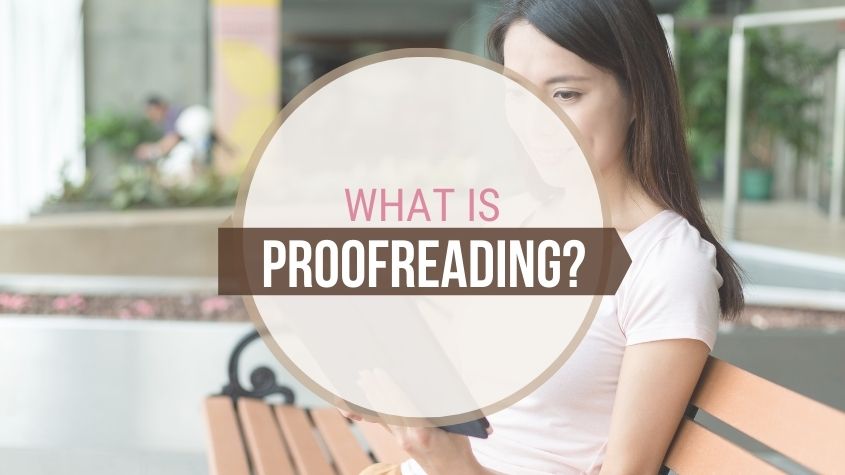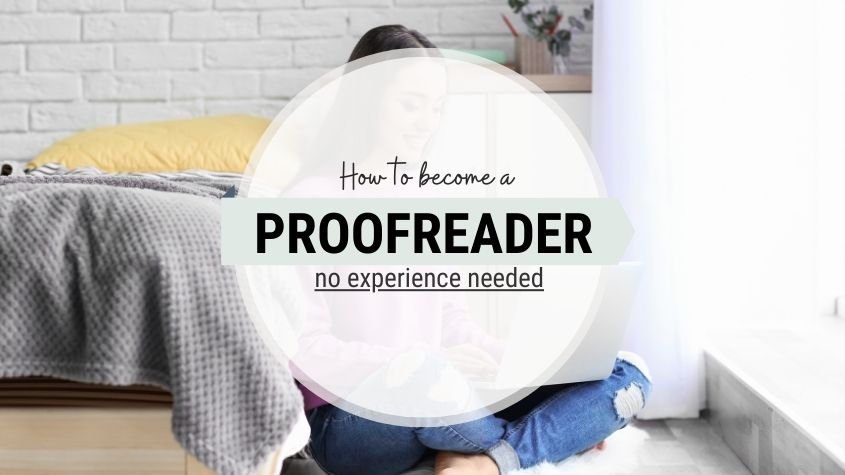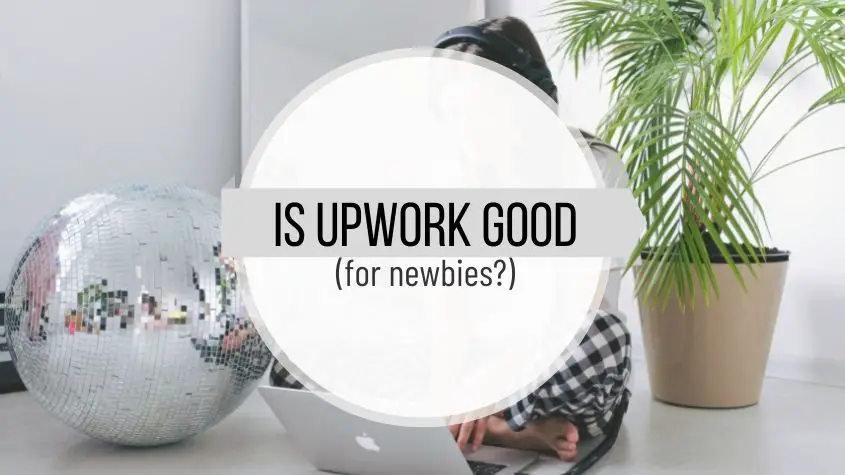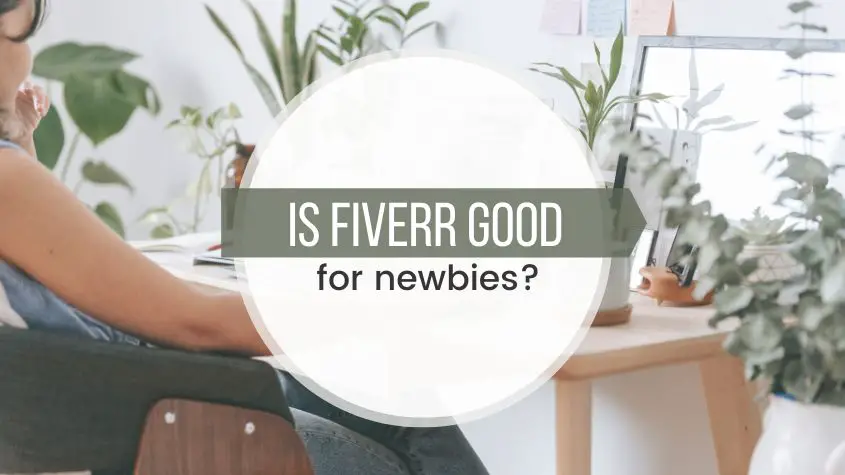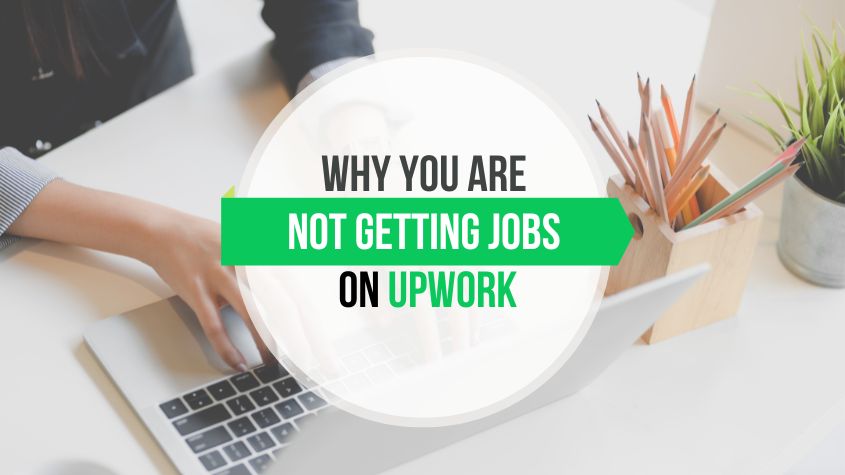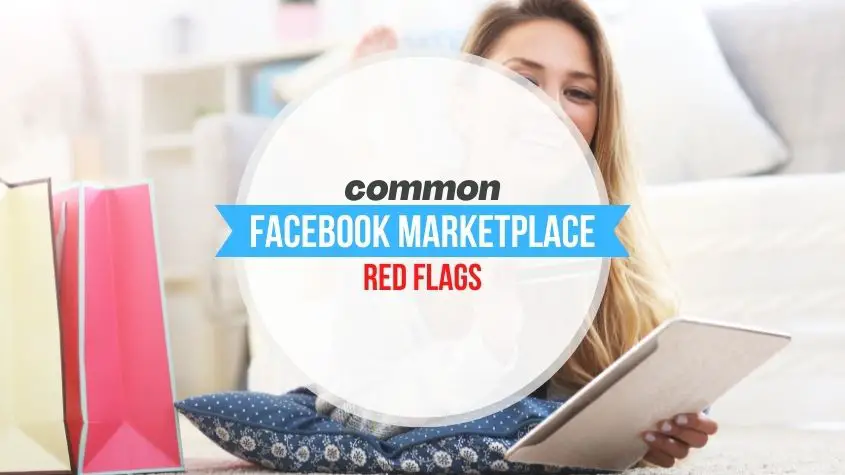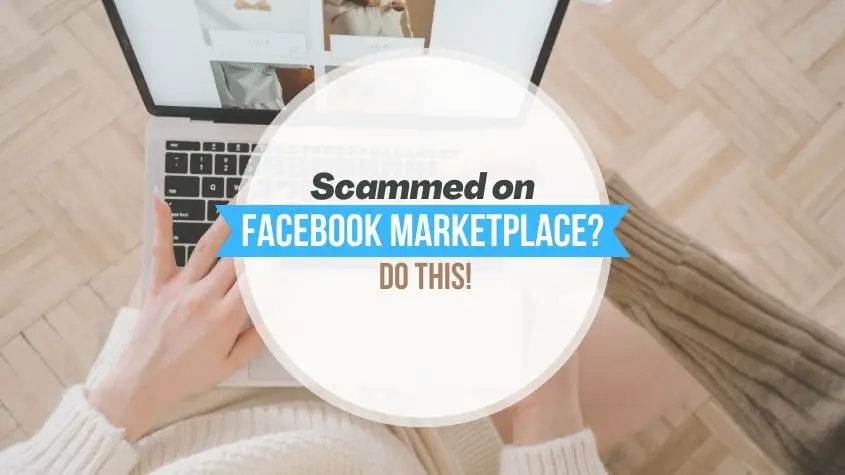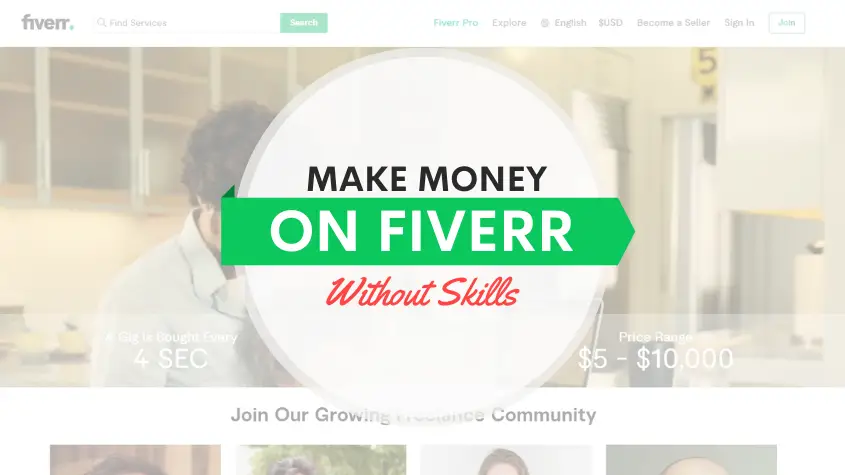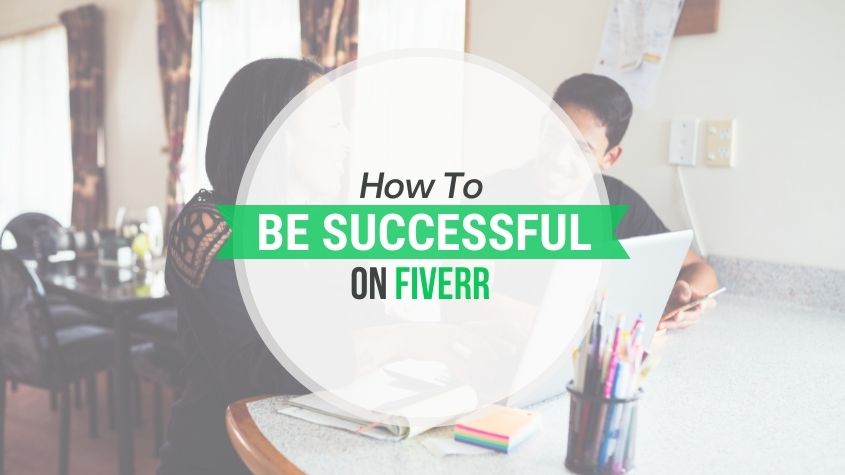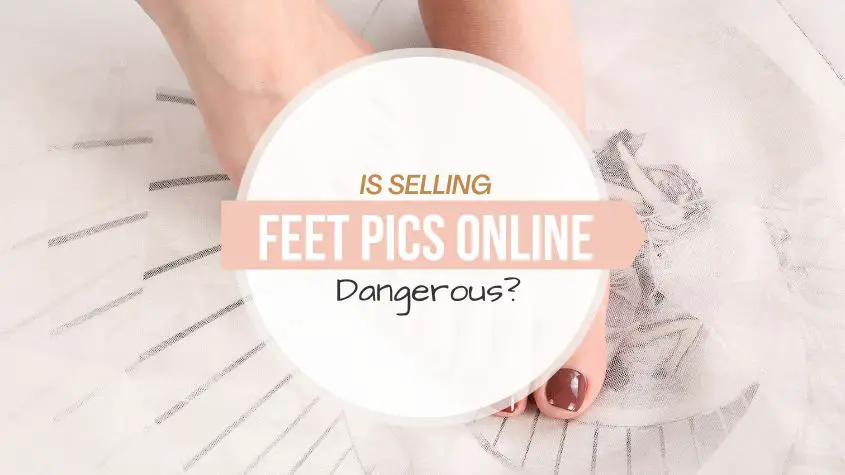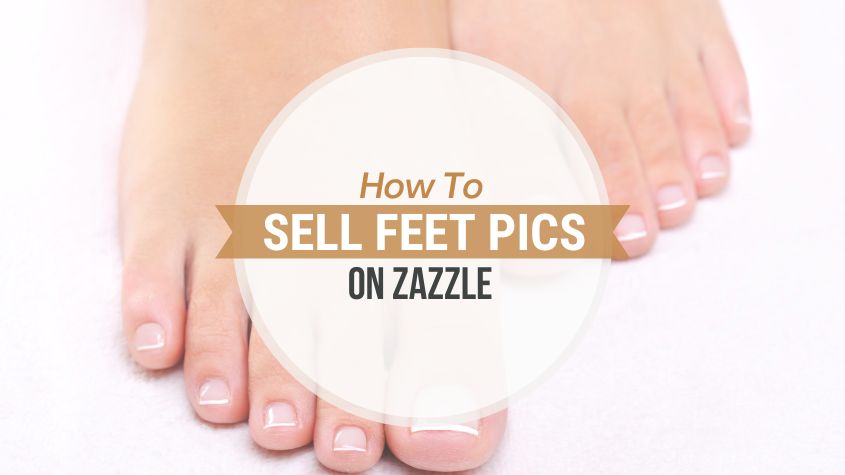Discover how to spot fake buyers on Facebook Marketplace and learn how to avoid being scammed when selling on the platform.
On Facebook Marketplace, all 2.93 billion Facebook users are potential customers. That’s the largest pool of any marketplace on the internet.
The platform even goes the extra mile to include a filter that prioritizes your listing among prospective buyers in your region, meaning you won’t need to worry about shipping and all its risks.
But since transactions mostly rely on direct interaction between buyers and sellers, con artists find it relatively easy to scam people on Facebook Marketplace.
Facebook Marketplace fake buyers will waste your time and cost you money even if they won’t succeed in tricking you. You want to spot them and cut off communication as early as possible.
This article will help you steer clear of fake buyers by discussing the common Facebook Marketplace red flags to watch out for and how to separate legit buyers from phonies.
Are there fake buyers on Facebook Marketplace?
The most prevalent form of scamming is that which targets buyers. Many sellers have been lulled into complacency when dealing with customers thanks to the misleading notion that sellers can’t be scam victims.
Well, they can. And you have a greater chance of dodging Facebook Marketplace fake buyers if you recognize their existence early on.
How can you get scammed as a seller on Facebook Marketplace?
There is no telling how a scammer will approach you. However, empirical evidence shows that your everyday Facebook Marketplace fake buyer will almost certainly attempt what’s been done before.
Here are some of the most common tricks to brace up for:
1. The Accidental Overpayment Scam
How many times have you accidentally overpaid for an item you bought online? Exactly!
If a buyer accidentally pays you an extra $50 or so and asks for a refund afterward, they are probably halfway through a well-orchestrated scam.
These cons will use counterfeit funds to pay you, knowing very well that the money will be traced and recovered after a while. They want this to happen while the money is in your hands and the item is in theirs.
Like that’s not enough, they will go ahead and ask for a refund of the overpaid balance, doing out of you more than just your item’s worth.
2. The Shipping Insurance Scam
Although Facebook Marketplace is a community-oriented selling and buying platform, once in a while, you will find buyers who require shipping. Among them will be shipping insurance scammers.
Shipping insurance on marketplaces like eBay is used to protect the seller since the loss is the seller’s if the product is damaged or lost en route to the buyer. On Facebook Marketplace, shipping doesn’t exist, and scammers are aware that most amateur sellers don’t know how it works.
In this scam, a fake buyer will pledge to purchase a relatively high-value item and ask you, the seller, to pay for shipping insurance. They will even send you an invoice to ease the payment process. After you send the money, they will cancel the order and disappear.
3. Information harvesting
Information harvesting is rife in online buying and selling platforms. Facebook Marketplace is no exception.
Information harvesters will pose as buyers and try to get your personal information, including name, address, and bank details.
They will use this information to scam other people disguised as you or even attempt to steal from you.
How do I know if a Facebook Marketplace buyer is legit?
You can’t tell if a buyer is legit by monitoring a single action. A scammer’s success rate is dependent on their ability to wear a genuine buyer’s guise, so it’s obvious that they will attempt to imitate an actual buyer’s actions.
Only consider a buyer to be legit if their actions are aligned with most if not all of these conditions:
- They use their real Facebook account
- They are comfortable engaging you on Facebook Messenger
- They insist on meeting you in person
- They insist on seeing the item before paying for it
- They want to meet you during the day
- They push you to lower your pricing
- They are not interested in your personal details
- They are concerned about the condition and functioning of the item they want to purchase
- They insist on paying through PayPal or Facebook Checkout
- They are within your locality
If a buyer ticks off this list, they most likely are genuine.
How to Spot Fake Facebook Marketplace Buyers
If you notice one or more of the following signs, you’re probably dealing with a Facebook Marketplace fake buyer:
The user has a fake Facebook account
The first thing to look at when a buyer contacts you is their Facebook profile. Plausibly, most fake buyers will use fake identities to avoid being caught.
Here’s how to identify a fake buyer account:
- Check their profile photo
Fake accounts usually display downloaded profile photos. Newbie scammers will use model and celebrity pictures, which are easier to identify, while their more experienced counterparts will use photos of ordinary people.
To tell if a photo is downloaded, drag it into the Google Image Search bar. Fake photos bring out multiple matches from various websites.
- Check the biography
You can gather a lot of information from the Facebook bio section. Fake users tend to switch identities over time. Their bio details may also reveal irregularity and incongruity.
For example, if a user claims to be an Australian who studied in South Africa and now works in China, chances are they are lying.
- Check the number of photos
Fake accounts rarely post photos. When they do, it is a random picture of the same model in their profile or perhaps a funny or educational meme. Any photo-stream inconsistency should be considered a red flag.
- Check the friend list
Facebook has a setting where you can hide your friend list from friends and strangers. If the buyer’s friend list is accessible, start by looking at the number of friends they have. If it’s too low, that’s most likely a fake account. The same may apply if the number is too high.
Next, check if the friends have anything in common with the buyer. A quick look at the friends’ surnames will reveal if the user comes from the same region as most of their friends.
- Check the comment section
Profile pictures and personal photos usually invite reactions and comments from family and friends.
Even a single comment such as “Hey, we miss you. When are you coming to Jackson?” is enough to show that the account owner is real. For good measure, consider clicking on the commenters’ profiles to verify their identities.
- Check their recent activity
It’s probably a real account if the timeline has lots of recent activity and has maintained an even posting frequency over the years.
While you are at it, check to see when the user created the account. Older accounts are generally more trustable as they have more information to infer from.
The buyer won’t meet you in person
Online shoppers are always worried about losing their money or receiving a damaged or different product. So they are more likely than not to welcome the idea of meeting the seller in person.
If your buyer doesn’t want to meet you in person, they are probably hiding something that is worth more than the risk of purchasing the item sight unseen. Perhaps they are planning to request a fraudulent payment reversal afterward or pay via dodgy means.
The buyer insists on communicating outside Facebook
One of the reasons Facebook Marketplace transactions are so smooth is that their communication channel, Messenger, is well-established and inclusive. You can share texts and visuals and even make live video calls without manually opening a different app.
If the user wants to take the conversation to WhatsApp, Telegram, or WeChat, they better have a realistic reason. Otherwise, insist on keeping all your communication on Messenger.
The buyer asks to verify your identity
Identity thieves have many ways of harvesting information from their targets. On Facebook Marketplace, the Google Voice scam is a highly abused one.
A fake buyer intending to open a Google Voice account using your phone number will initiate a typical seller-buyer conversation for a listing and then ask for your number to confirm your identity.
A code will be sent to your phone, which the user will be hoping to use to finish setting up the Google Voice account.
The buyer overpays for the item
While you cannot rule out the possibility of a genuine mistake happening, overpayment on Facebook Marketplace is often a sign you are about to get scammed, as described earlier.
If a buyer overpays and asks for a refund, ask them to initiate a reversal themselves, and don’t send the item until you settle the matter.
They want to use a specific method of payment
If a buyer insists on using a specific payment method, then it better be one of the two approved by Facebook.
Many Facebook Marketplace fake buyers don’t like using PayPal or Facebook Checkout because they fear exposing themselves.
Other payment methods increase your chances of being defrauded and automatically disqualify you from Purchase Protection. This means you cannot get a refund if the deal collapses somewhere along the way.
Conclusion
With this information, you should be well-armed to spot, avoid, and defend yourself against Facebook Marketplace fake buyers.
Have you ever been scammed on Facebook Marketplace? if yes, share your story in the comments section. Let us know if you recovered your money and whether the experience changed how you handle buyers on the platform.
More Articles About Facebook Marketplace:

